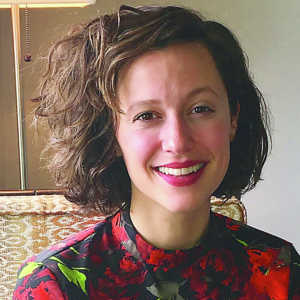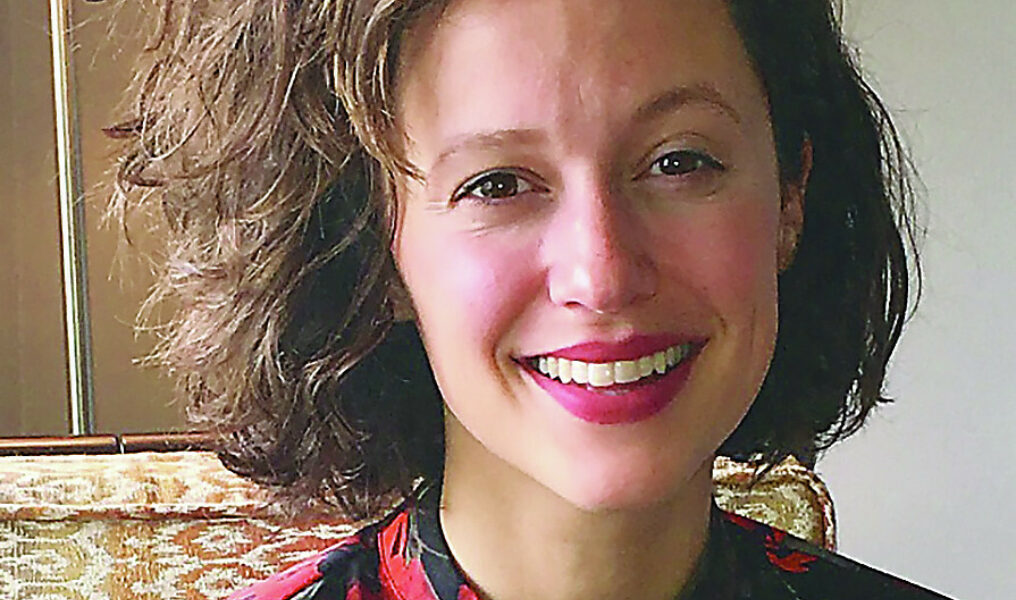 Jars of tongue depressors, rubber gloves and a paper-lined examination table; these are the hallmarks of a medical office, and this scenario evokes a variety of emotions. For some, it's a place visited infrequently and out of necessity, while others might enjoy the occasional visit to their family doctor. Sometimes, the cold, sterile environment can conjure up anxiety. For the LGBTQ community, usually that anxiety exists because they haven't come out to the medical staff serving them. Or, it's because they fear being judged or mistreated for being open about their lifestyle.
Jars of tongue depressors, rubber gloves and a paper-lined examination table; these are the hallmarks of a medical office, and this scenario evokes a variety of emotions. For some, it's a place visited infrequently and out of necessity, while others might enjoy the occasional visit to their family doctor. Sometimes, the cold, sterile environment can conjure up anxiety. For the LGBTQ community, usually that anxiety exists because they haven't come out to the medical staff serving them. Or, it's because they fear being judged or mistreated for being open about their lifestyle.
"It's doctors so we're supposed to be able to trust them, but, especially for transgender people and especially transgender people of color, the abuse is definitely a part of their reality," said second year Wayne State University sociology student Lindsay Toman. "Eventually, people try not to go to the doctor and that helps create this cycle of health disparities that could be helped if med students learn more about it."
Toman has been paying close attention to the reactions of medical staff to LGBTQ people, because as an Albert Schweitzer fellow — a fellowship that focuses on providing medical care to underserved populations — she has created an hour-long presentation project that is aimed at stopping mistreatment from occurring against the LGBTQ community by targeting health professionals who would like to learn more about LGBTQ health.
"I was presented with the fellowship by Dennis Archambault through Authority Health. It's a really cool program. Any grad student in any program can design any health program they want, so I was reading about all these studies and showing that medical schools on average across the country spend about five hours dedicated to minority health," Toman said. "And, of that minority health, we really have no idea how much is actually being discussed about LGBTQ individuals. And to go even further than that, even when they bring up LGBTQ individuals, what kind of time are they allocating to lesbian health compared to bisexual health? I think it's problematic when we lump all LGBTQ people into one umbrella, because their needs are obviously so vastly different."
Over the last year, Toman has been regularly seeking out interested medical facilities and providing these presentations, free of charge, to any staff members who are interested. As Toman began to explore the topic further, her research led her to a variety of studies that only served to reinforce her resolve in this project. Like a Lambda Legal study which showed that "20.9% of the transgender participants surveyed had experienced harsh language by their doctors, and 7.8% of them experienced rough or abusive treatment," also finding that "90% of the transgender individuals surveyed felt that medical personnel are not appropriately trained to meet their needs." As Toman herself is not part of the LGBTQ community, she capped off her research with focus groups of people who are. She asked the group participants what they would like to see develop in their healthcare.
"I ended up being surrounded by med students and it kind of exemplified that med students know that there's a problem, and they wanted to be involved in the project to show what's going on," Toman said. "What I also thought was interesting — which I'm writing about right now — is a lot of the med students would give me two-part answers. One would be how they would answer as a doctor, and the second would be, 'But as a lesbian,' or bisexual, or gay person, and these answers would not contradict themselves, but question the validity of each answer. I know med students are in a delicate situation. Homophobia and homoppression runs rampant in medical schools as well."
Now, in the final month of her project's originally allotted time slot, Toman said that she is hopeful that she might be able to continue her work in the long-term. She is hopeful that this will be a possibility because medical practitioners and organizations have picked up steam in getting Tomin to visit them.
"I'm excited that it's seemingly going to have legs. After I did focus groups, I also created an online survey that doctors could take, too. Because I also wanted to get their respective (opinions). What part of the LGBTQ umbrella did they know the least about?," Tomin said.
And because there isn't that much information about LGBTQ health that isn't supplemental for doctors nad students, Tomin said she is glad to have been able to provide at least an introductory overview of LGBTQ health. She said that if the project does go further, she hopes to tailor it to a particular group's specific needs.
"Another goal of mine is to take this training and turn it into like a consulting project almost. Where I'm able to sit down with people and ask, 'What is it that you want to know more about health-related LGBTQ stuff?' For lack of a better term. To be able to mold my lecture to fit different groups," Toman said.
Because her ultimate goal is to avoid the "one size fits all" approach that's being taken by many organizations right now.
"I think I'm piquing peoples' interests, and whether or not those turn into further trainings we'll see, but it's interesting navigation practicing physicians, because it starts as soon as someone walks into the facility," Toman said. "Like if the front of house misgenders you, someone's going to be turned off. That person is not going to feel affirmed or supported, so it's kind of like I want to be able to go to an institution and work with every single person involved, even if it includes the custodial staff. Every single person involved with it, I want to interact with them and say, 'This is what you can do with your position to make it the most supportive.'"
WSU Student Educates Medical Professionals on LGBTQ Health










